When most people hear “cardio,” they think of treadmills and sweat-drenched workouts. But cardiovascular fitness goes far beyond logging miles on a machine. At its core, cardio fitness is about strengthening the most vital muscle in your body—your heart—through consistent, rhythmic movement that elevates your heart rate.
What Is Cardio Fitness?
Cardio fitness, or aerobic endurance, refers to your body’s ability to take in oxygen and deliver it efficiently to your muscles during sustained physical activity. It’s not just about running; it's about how well your heart, lungs, and circulatory system can work together during exercise and even at rest.
Developing cardiovascular fitness can help reduce the risk of heart disease, high blood pressure, stroke, and diabetes. It can also lift your mood, improve sleep, and enhance brain function—benefits that extend far beyond the gym.
Popular Cardio Fitness Activities
There’s no single path to achieving cardiovascular health. Here are a variety of cardio fitness activities that can suit different lifestyles, fitness levels, and interests:
-
Brisk Walking – An underrated classic, especially effective when done consistently for 30 minutes a day.
-
Running or Jogging – A go-to option for many, ideal for building endurance and boosting heart strength.
-
Cycling – Whether indoors or outdoors, it's joint-friendly and excellent for long, calorie-burning sessions.
-
Swimming – A full-body workout that’s gentle on joints but tough on your cardiovascular system.
-
Rowing – A high-intensity, low-impact activity that challenges both upper and lower body.
-
Jump Rope – Compact, portable, and incredibly effective; just 10 minutes can rival a 30-minute run.
-
Dancing – Zumba, hip-hop, or ballroom—if it gets your heart pumping and you’re having fun, it counts.
-
HIIT (High-Intensity Interval Training) – Short bursts of high-intensity movement followed by brief rest. Time-efficient and highly effective.
-
Elliptical Trainer – Provides a full-body, low-impact cardio session, perfect for indoor training.
-
Hiking – Elevation changes and terrain make it an excellent combination of strength and cardio.
Real-Life Application: A Personal Turning Point
A few years ago, I found myself winded after climbing a single flight of stairs. I was lifting weights regularly, but I had completely neglected cardio. That was my wake-up call.
I started small—just 20-minute walks after dinner. Within weeks, I added intervals of light jogging. Eventually, I mixed in jump rope, cycling, and weekend hikes. My stamina improved, my mood lifted, and I noticed deeper sleep and faster recovery from strength training.
Cardio wasn't just about “burning fat”—it became the foundation of feeling well and living strong.
How to Get Started with Cardio Fitness
-
Start slow, but stay consistent. Even 10 minutes a day adds up.
-
Choose activities you enjoy. You’re more likely to stick with it.
-
Mix it up. Alternate between different types of cardio to keep it fresh and avoid plateaus.
-
Track progress. Monitor heart rate, distance, or duration to stay motivated.
-
Pair with strength training. Cardio and resistance work complement each other, promoting overall fitness.
Final Thoughts
Cardio fitness is not a one-size-fits-all journey—it’s a lifestyle built on movement, adaptability, and intention. Whether you prefer a quiet walk through the park or the pulse-pounding rhythm of a spin class, there’s a form of cardio that fits your life. The key is to start, stay consistent, and enjoy the process.








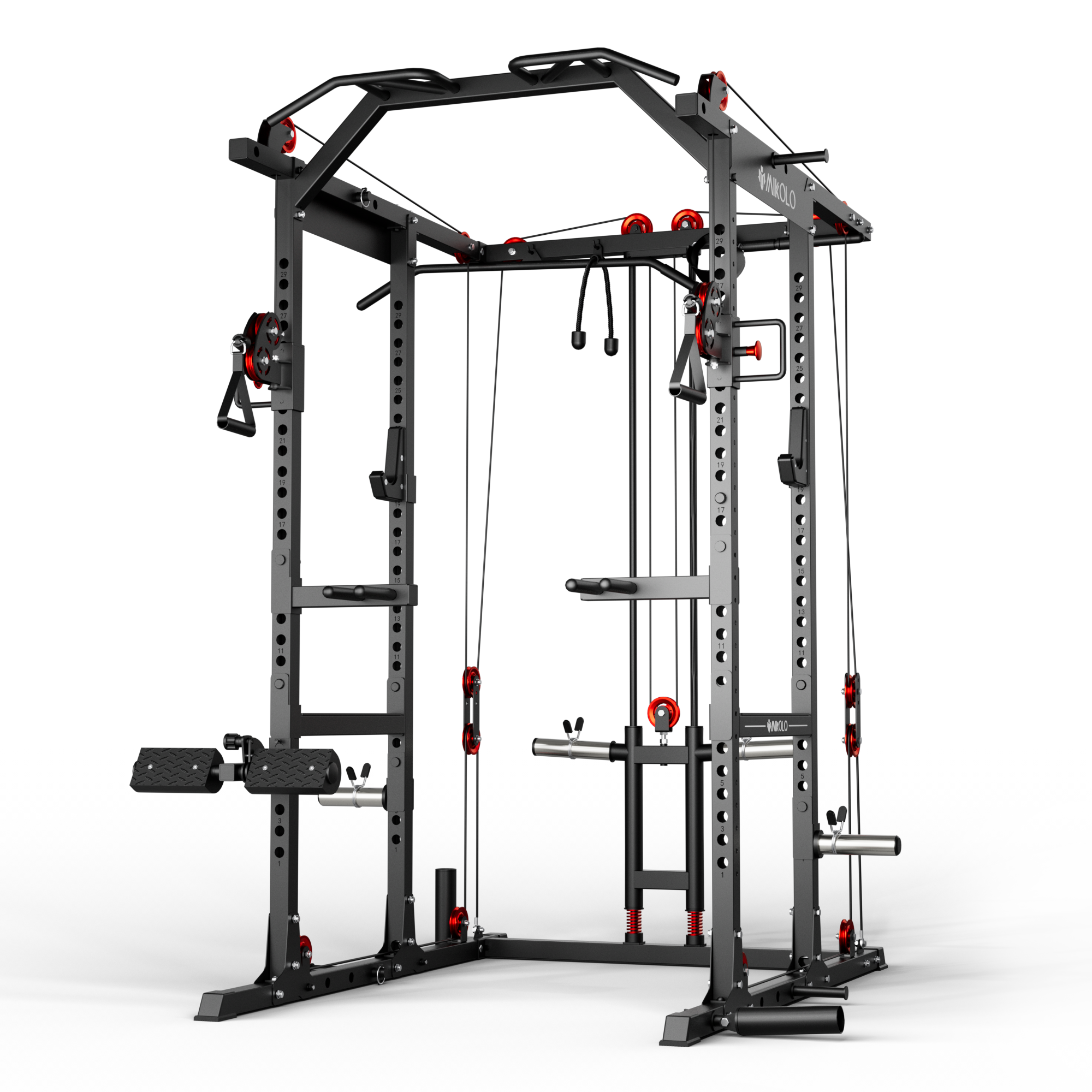

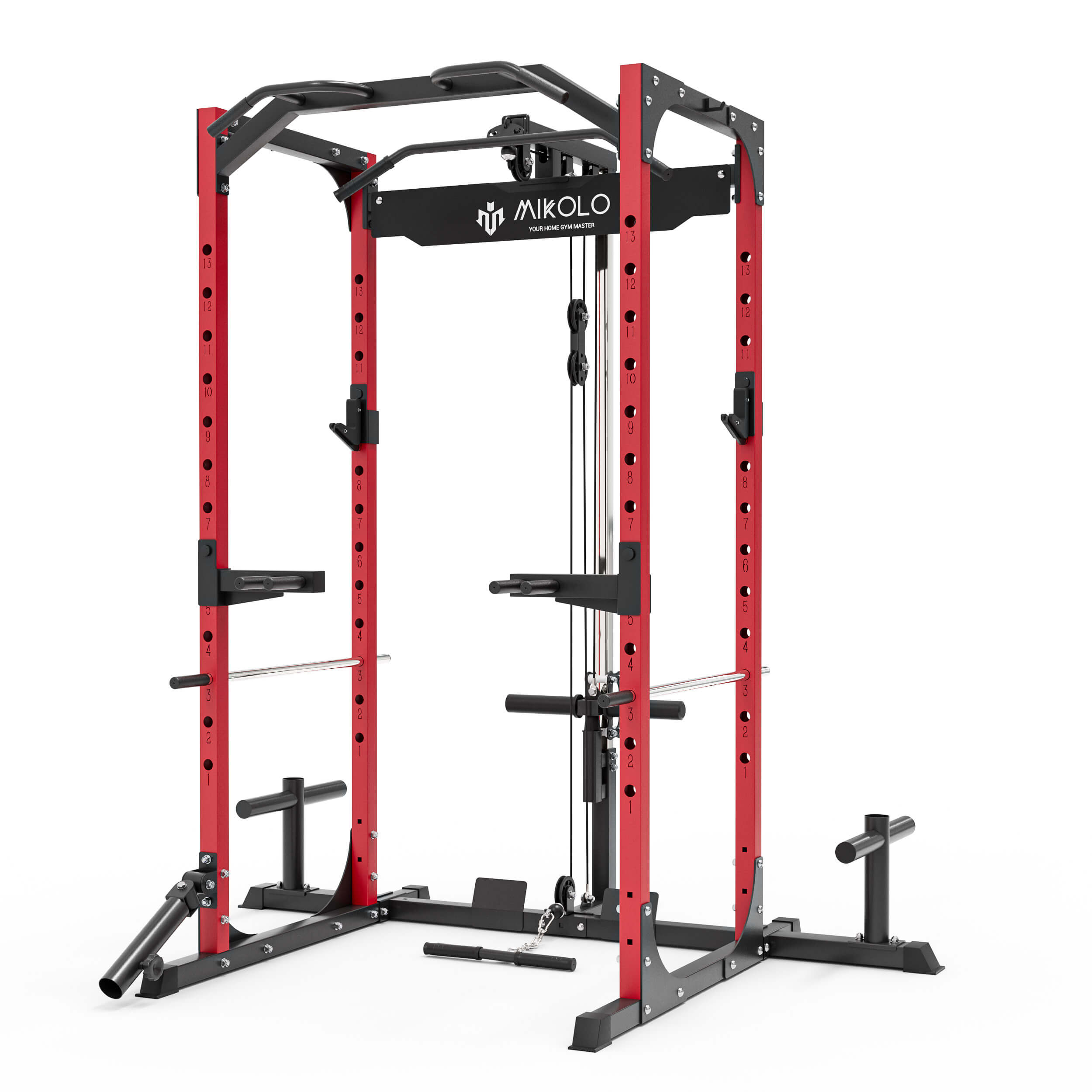






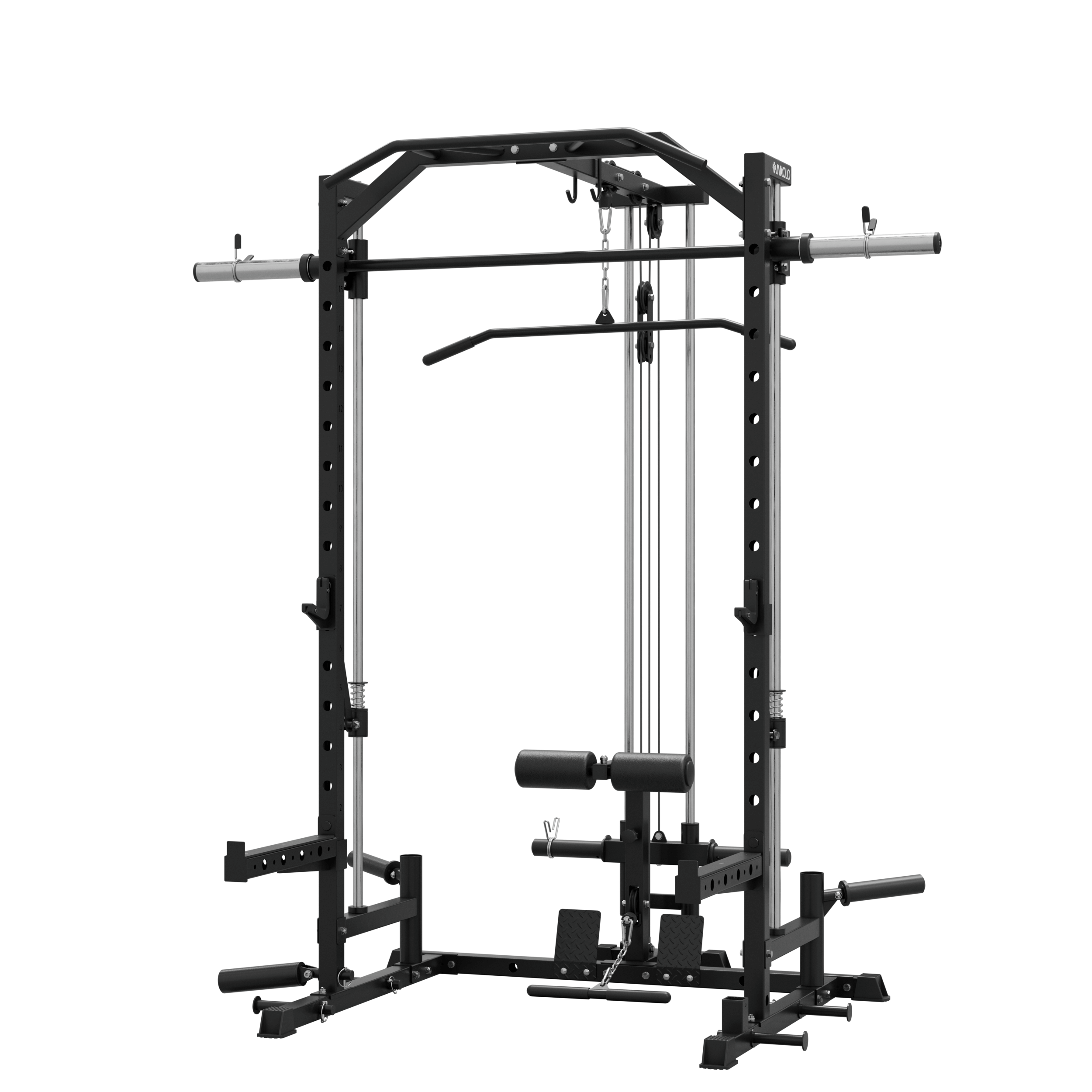


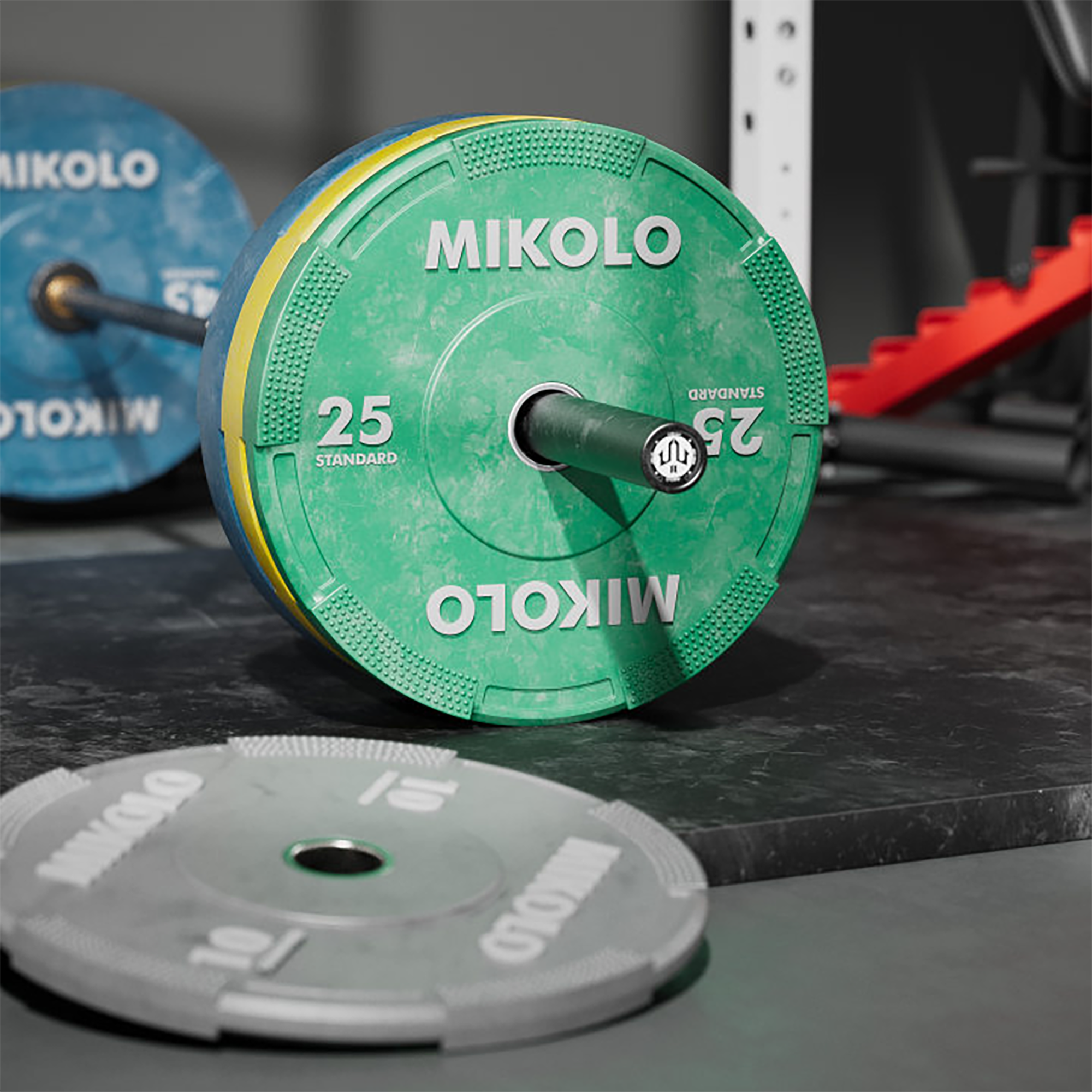






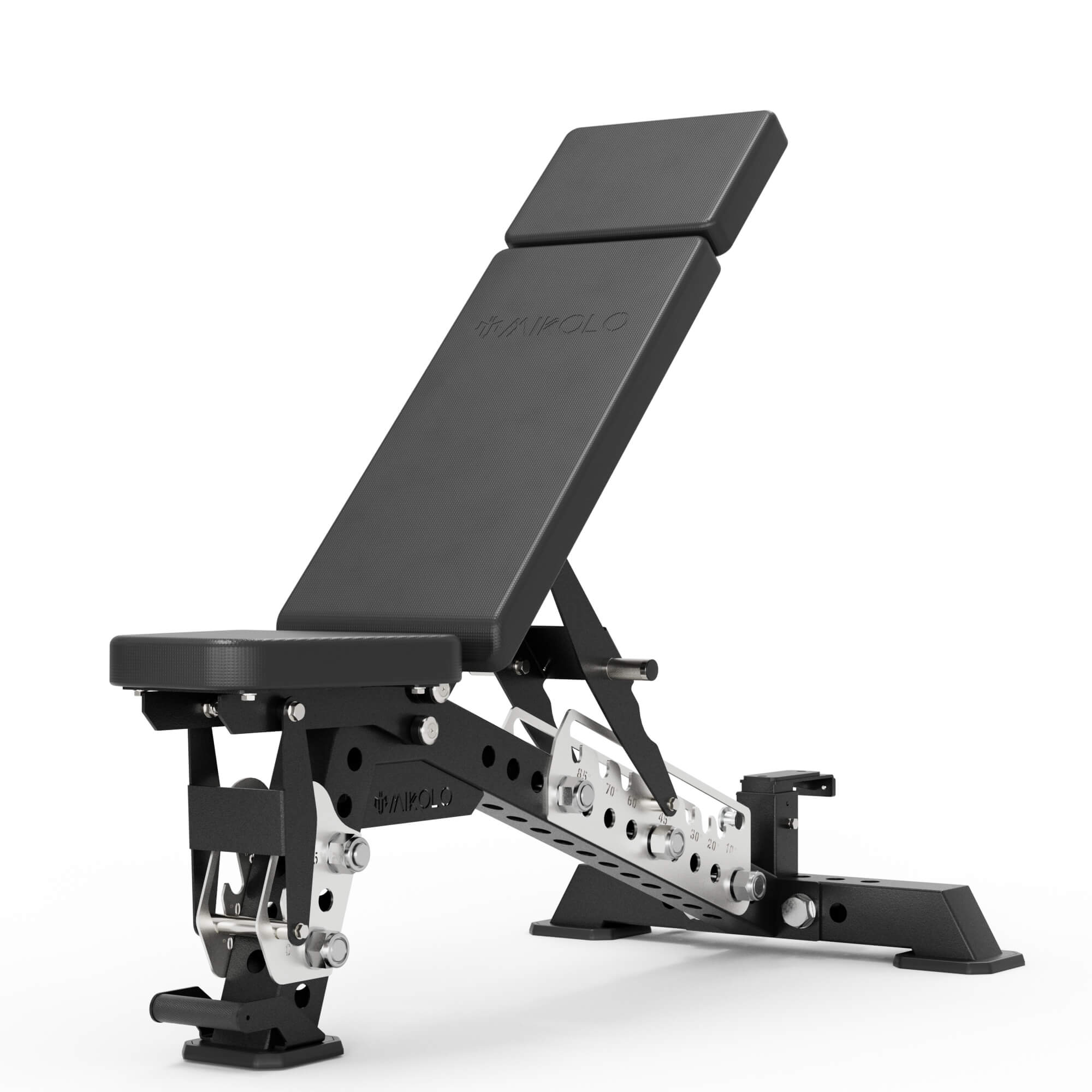
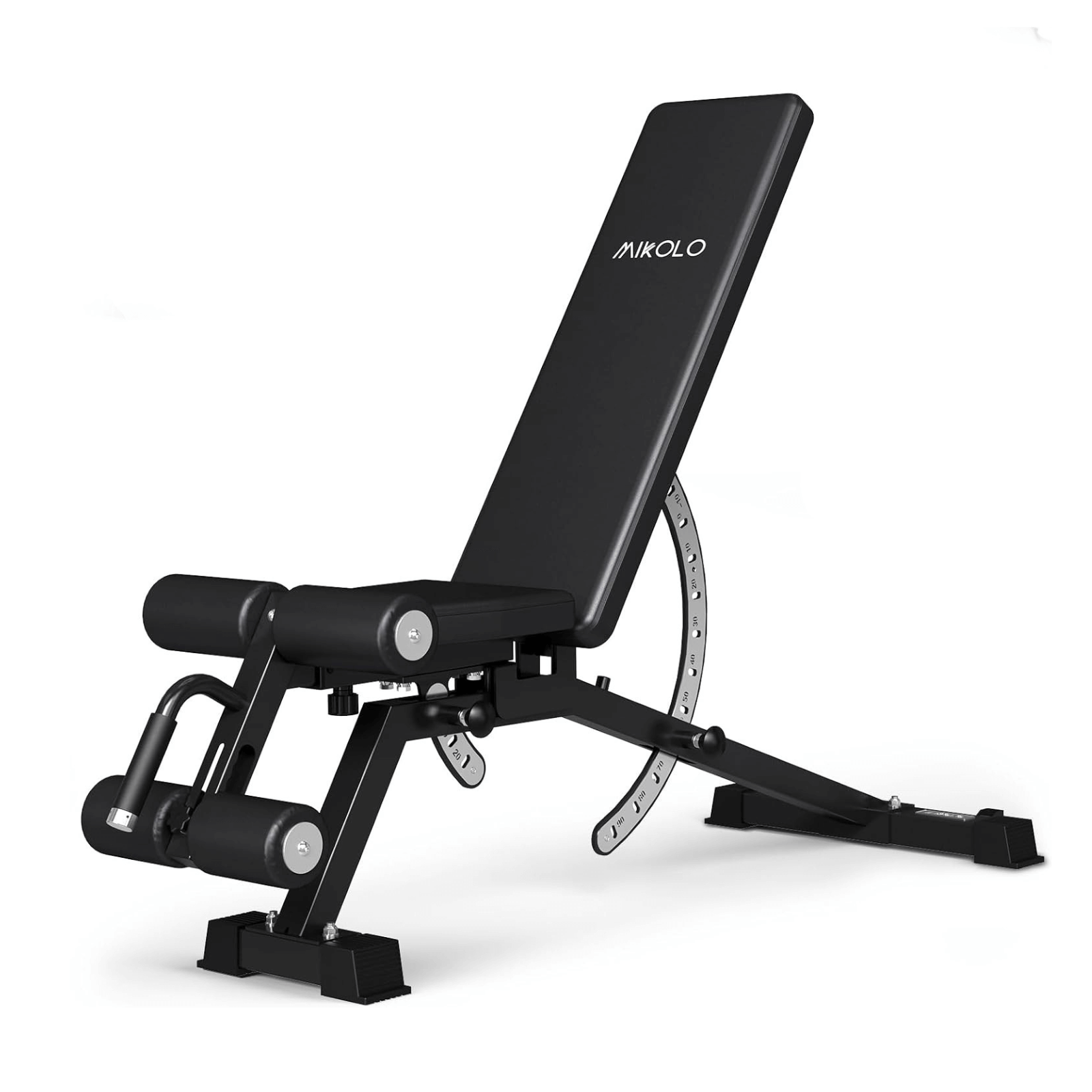



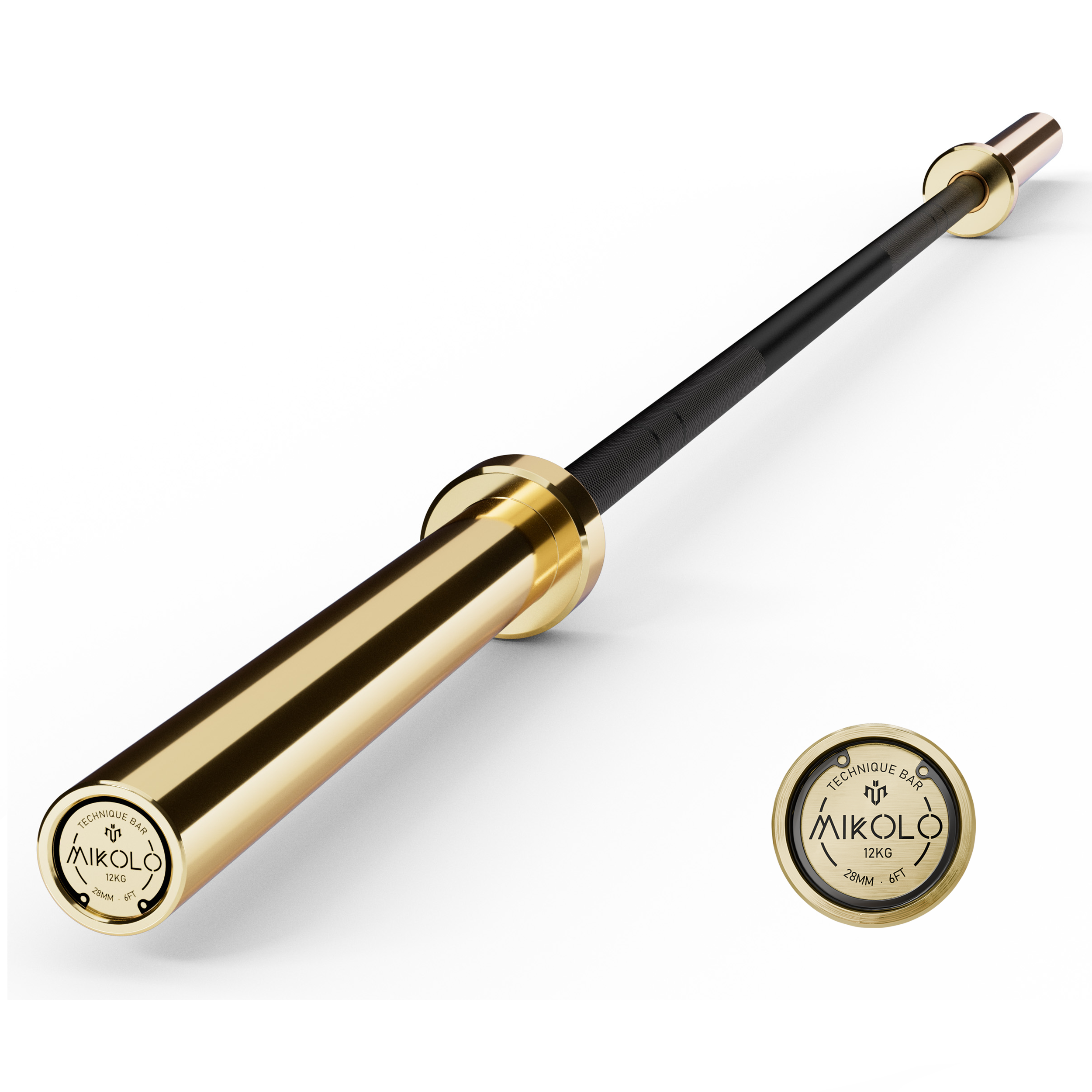
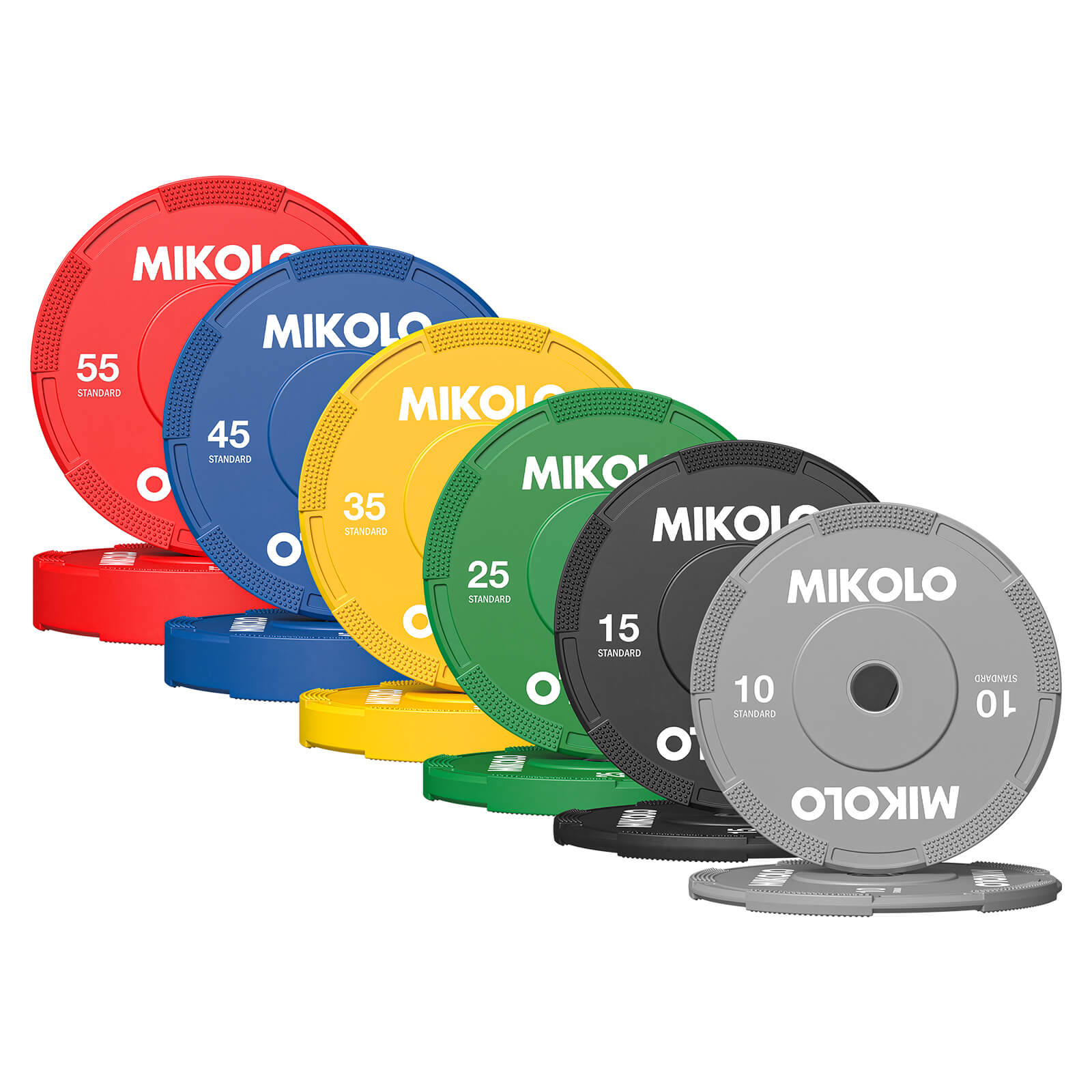

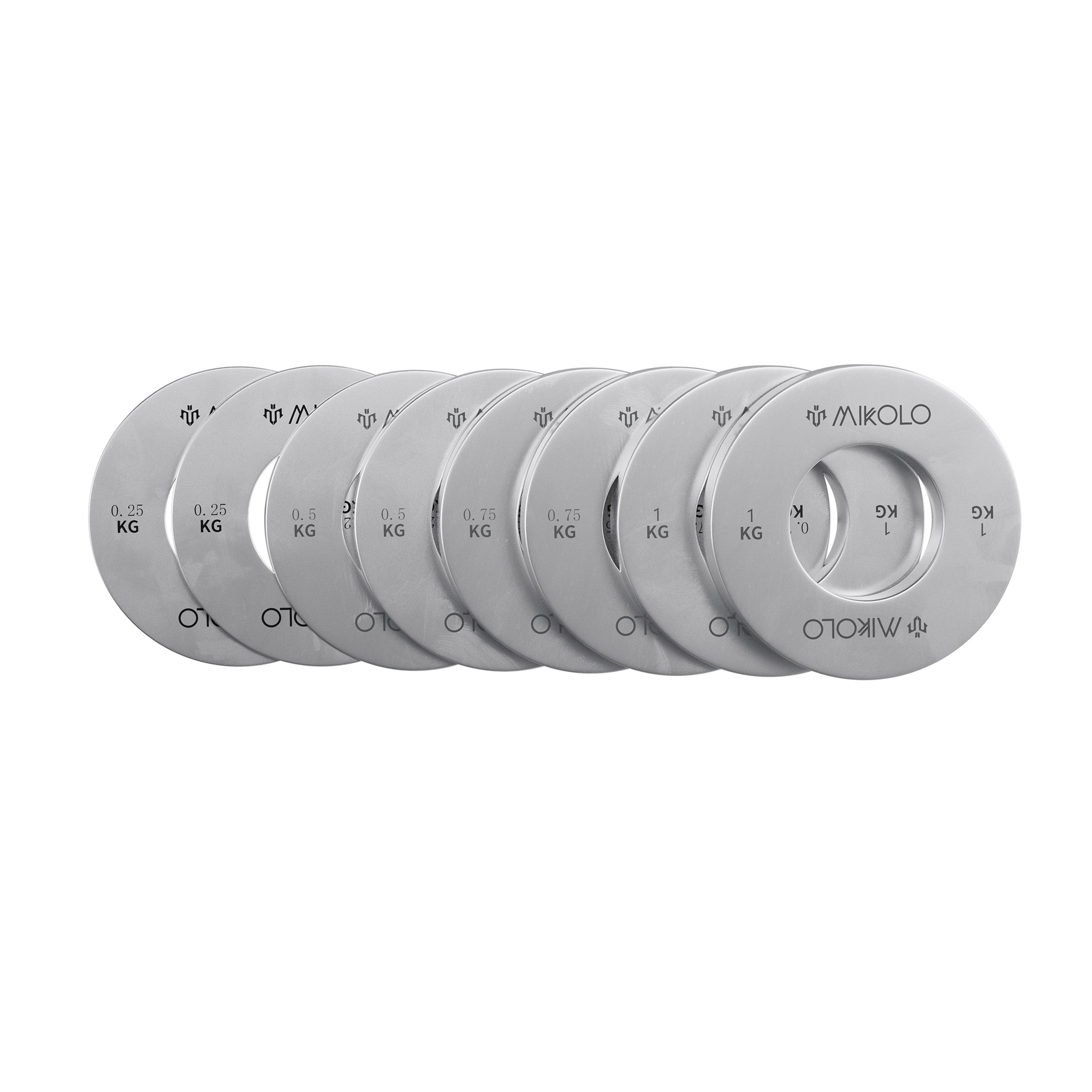

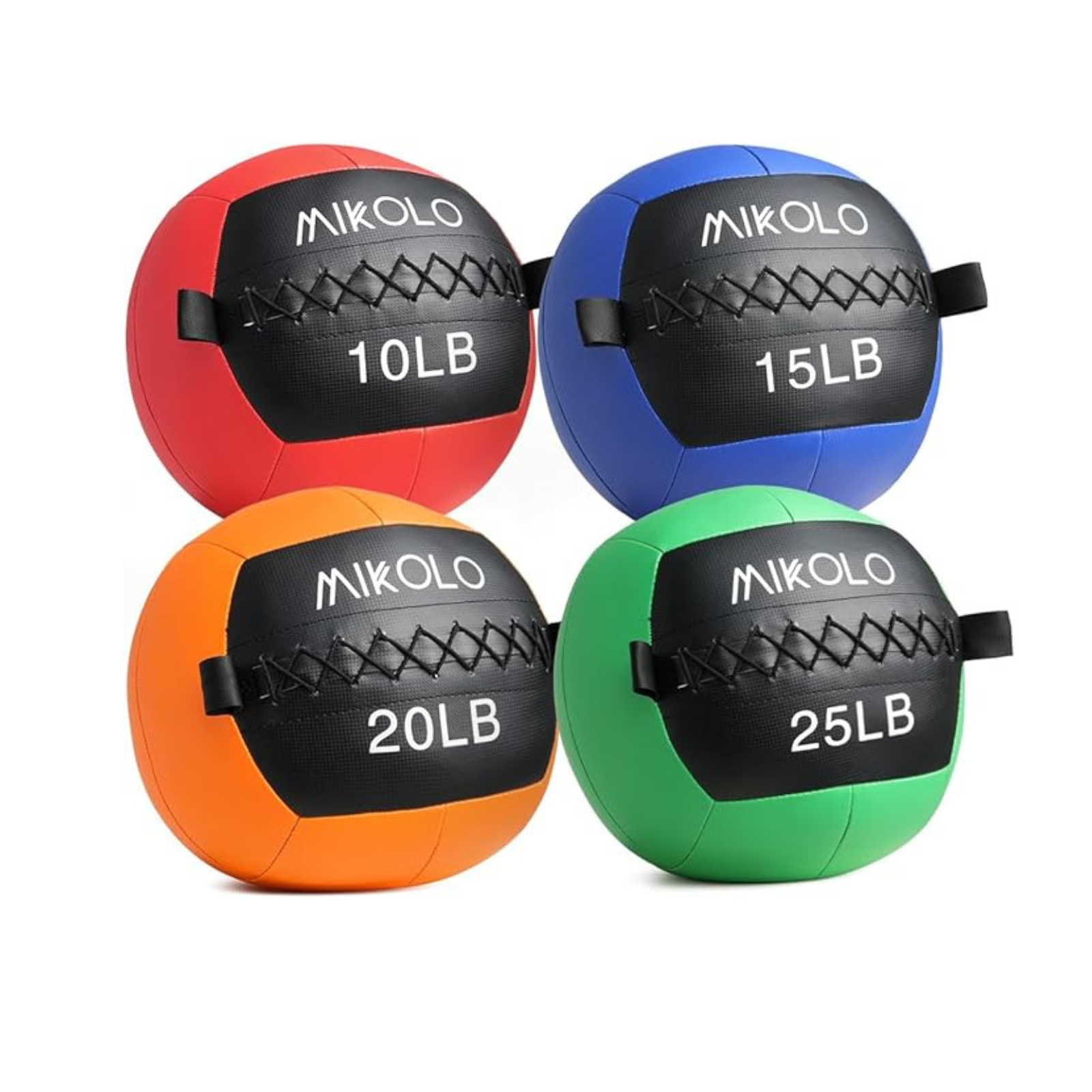
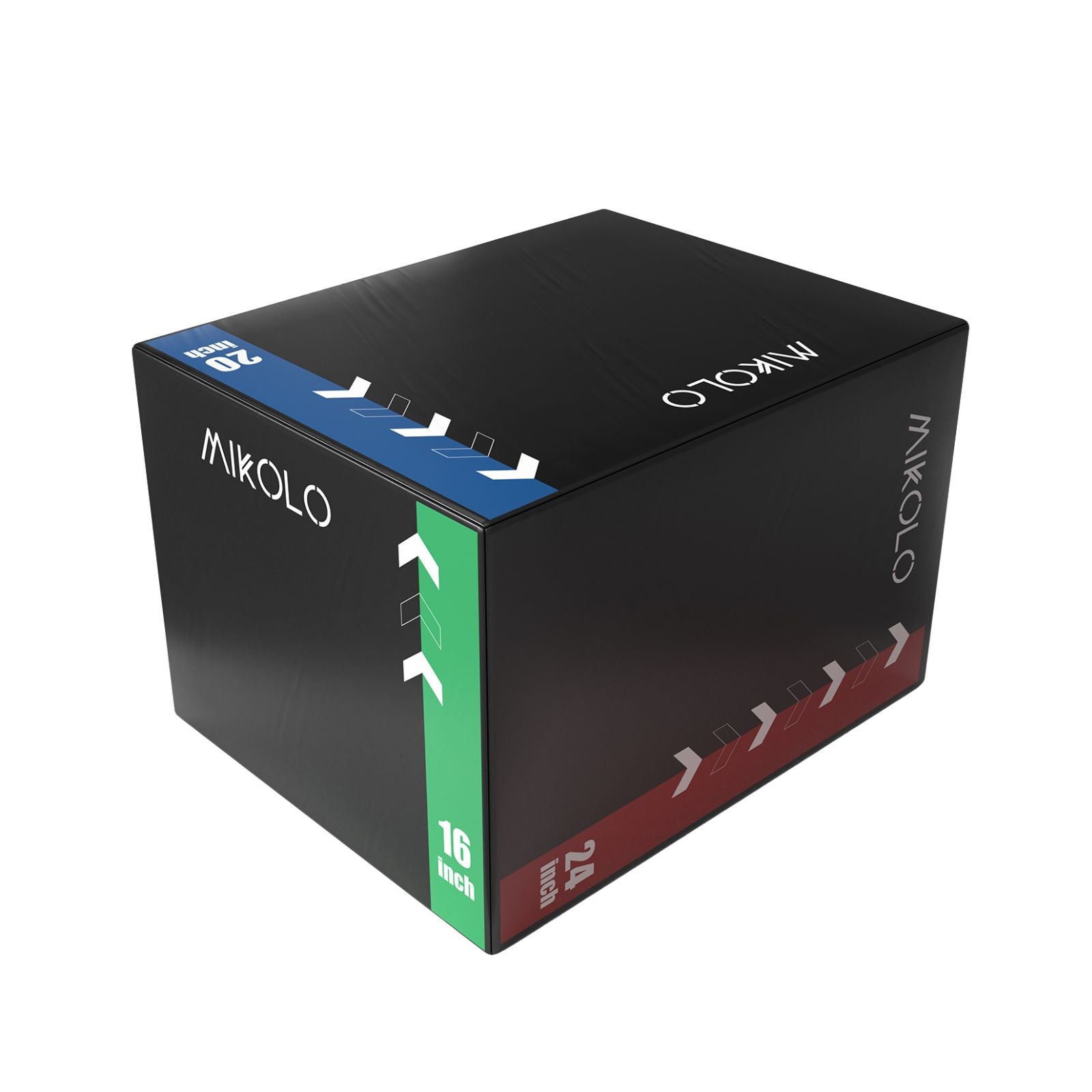






Leave a comment
This site is protected by hCaptcha and the hCaptcha Privacy Policy and Terms of Service apply.